
Moderbacher wins funding from the Lupus Research Alliance to investigate lupus from a new angle

Meet OGT, your guardian enzyme on the dark side of the genome

See how investment in science is reshaping the landscape of autoimmune disease research

New therapeutic "cocktails" may provide long-lasting relief for treatment-resistant asthma and other immune system inflammatory diseases.

Rocha aims to understand a devastating liver disease

Scientists show how a mutated gene harms red and white blood cells
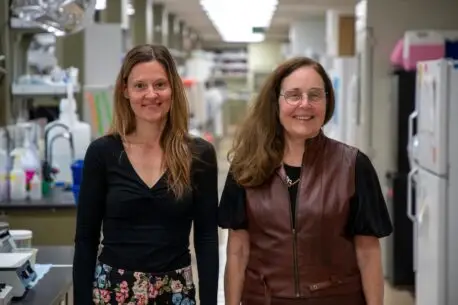
"We are grateful for this opportunity to deepen our collaboration with such an influential partner in autoimmune research."

San Diego laboratories lead vaccine innovation research through new ARPA-H program
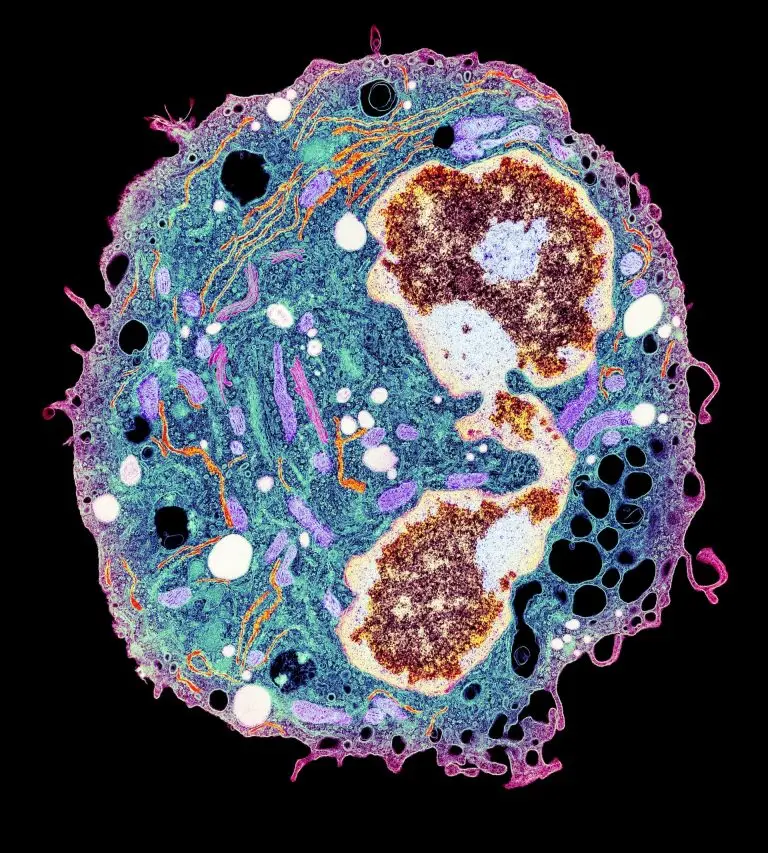
Pandurangan Vijayanand, M.D., Ph.D., and his lab members employ genomics tools to understand, diagnose and treat pulmonary disease such as asthma, lung cancer and infectious diseases, including the novel coronavirus.

Sonia Sharma, Ph.D., and her lab members lead unbiased, genome-scale approaches to unravel innate immunity, the body’s early immune response to microbial pathogens and neoplastic cells.

Alessandro Sette, Dr.Biol.Sci., defines in chemical terms the specific structures (epitopes) that the immune system recognizes and uses this knowledge to measure and understand immune responses.

Stephen Schoenberger, Ph.D., is focused on achieving a mechanistic understanding of the generation and regulation of T cell responses in the context of in vivo infection and tumor development.

Dr. Schmiedel is dedicated to shedding light on the genetic mechanisms driving the pathogenesis of human diseases. His research is revealing molecular features regulating immune cell function to enhance our understanding and advance disease diagnosis, treatment, and prevention.

Erica Ollmann Saphire, Ph.D., MBA, studies, at the molecular level, how and why viruses are pathogenic. This work provides the roadmap for medical defense.

Anjana Rao, Ph.D., focuses on understanding how signaling pathways control gene expression, using T cells and other cells of the immune system as models.

Samuel Myers, Ph.D., studies the signaling circuits that drive the behavior of individual immune cells and ultimately orchestrate systemic immune responses.

Mitchell Kronenberg, Ph.D., and his team study T cells – white blood cells responsible for recognizing and responding to foreign invaders, such as microbes.

Patrick Hogan, Ph.D., studies cells at the nano level – seeking to understand how protein-protein interactions on the submicroscopic scale can have gargantuan impacts on human health and disease.

Michael Croft, Ph.D., and his team focus on a number of molecules that are members of the tumor necrosis factor (TNF) and tumor necrosis factor receptor (TNFR) family.

Hilde Cheroutre, Ph.D., and her team study the development, function, and regulation of T lymphocytes, a type of white blood cells.

LJI joins a nationwide network working to accelerate transformative health solutions

Vasculitis is the umbrella term for nearly 20 rare diseases all associated with inflammation of the blood vessels.

Millions of people suffer from seasonal allergies. For them, the onset of spring signals several months of misery.

Researchers at La Jolla Institute are investigating how the immune system may contribute to Parkinson's disease.

Researchers at La Jolla Institute are working to prevent the symptoms of IBD before inflammation escalates.

Allergens like egg, shellfish, or peanut proteins stimulate white blood cells to dump excessive quantities of immune molecules into the blood, triggering inflammation.

Fibrosis occurs when immune cells mistakenly attack these connective tissues, causing the tissues to thicken and scar.

Scientists at La Jolla Institute are investigating what causes immune cells to turn on the body—and how we can intervene.

Atopic dermatitis occurs when a person’s immune system causes inflammation of the skin, which also makes the skin more vulnerable to environmental irritants and allergens.

Heart disease, also called cardiovascular disease, can describe several conditions, including coronary artery disease and aortic athlerosclerosis.

Asthma affects more than 25 million people across the nation—7 million of them children—and the incidence is rising.

Conditions such as eczema, contact dermatitis, allergy-induced asthma and hay fever are all connected to allergy.

LJI scientists zero in on T cells that may drive autoimmune disease in human patients

Dr. Reina-Campos’ lab seeks to understand the underlying principles governing tissue immune networks that enable robust and long-term protection against infection and tumors.

Christopher Benedict, Ph.D., studies the strategies that viruses use to escape detection by our immune system.

Ferhat Ay, Ph.D., works to understand gene regulation in complex organisms and diseases.

Leading immunologist honored for research into the roots of autoimmunity, cancer development, and more

LJI scientists share a new, rapid method for studying phosphorylation and other post-translational modifications

LJI's Flow Cytometry Core brings cutting-edge technology to immune system researchers

Finally beating asthma might hinge on blocking HRF and IgE interactions

LJI research collaboration with Kyowa Kirin Co., Ltd., points to a novel approach to treat the most common form of eczema

LJI Postdoctoral Fellow Greet Verstichel on how T cells learn their "fate"

LJI study suggests therapies could stop T cells from attacking brain cells in Parkinson's

New analysis shows men and women really do have immune cell differences

A Q&A with Estefania Quesada-Masachs, M.D., Ph.D.

New study shows autoimmune rheumatoid arthritis research focused on women will bring billions to the economy. Leading immune research institute announces new sex and gender focus.
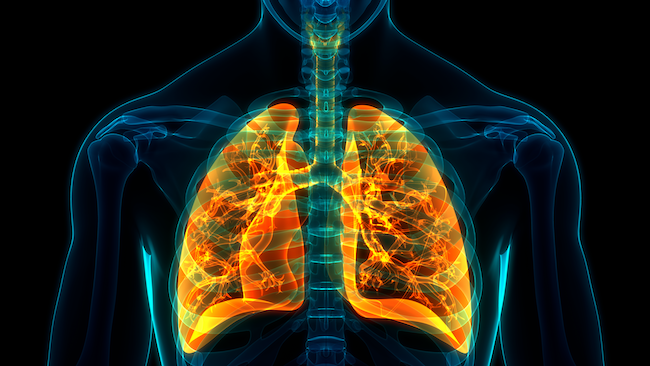
New bone marrow gives sick mice healthy monocytes
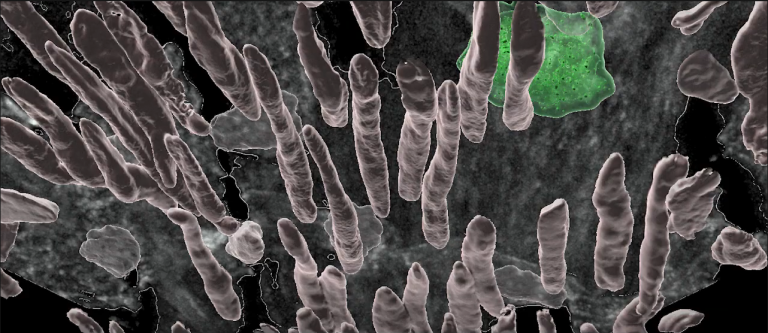
Immune cells can sniff out octanal in blood, triggering dangerous inflammation and atherosclerosis
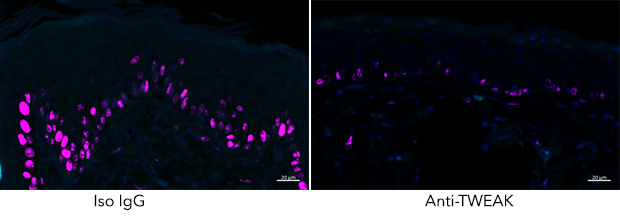
New LJI study shows there may be a way to help even more psoriasis patients

The international recognition reflects how LJI research is valued by scientific peers
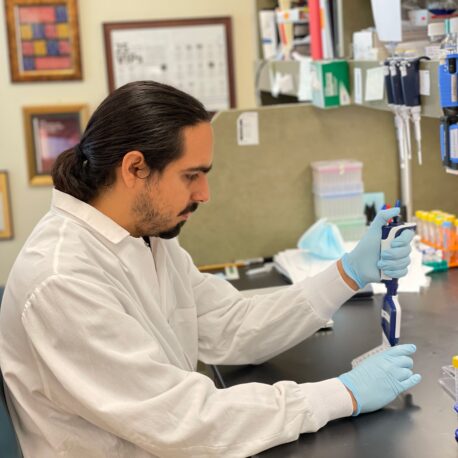
ARCS support propels vaccine design and HIV research

After a long week in the lab, Sundays are for sailing

Immune cells called monocytes offer clues to treating cancers, heart disease and more
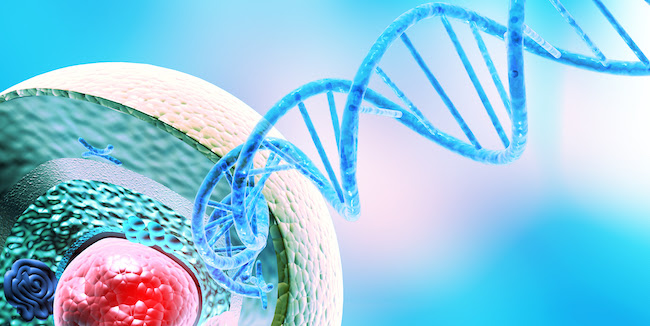
LJI scientists develop new tool for understanding enzymatic activity linked to blood cancers and heart disease

LJI scientists uncover coordinated immune cell activity as a driver of systemic lupus erythematosus

Men and women have different immune systems. With a better understanding of sex-specific immune differences, scientists can more effectively fight infections, cancers, heart disease, and even pregnancy complications.
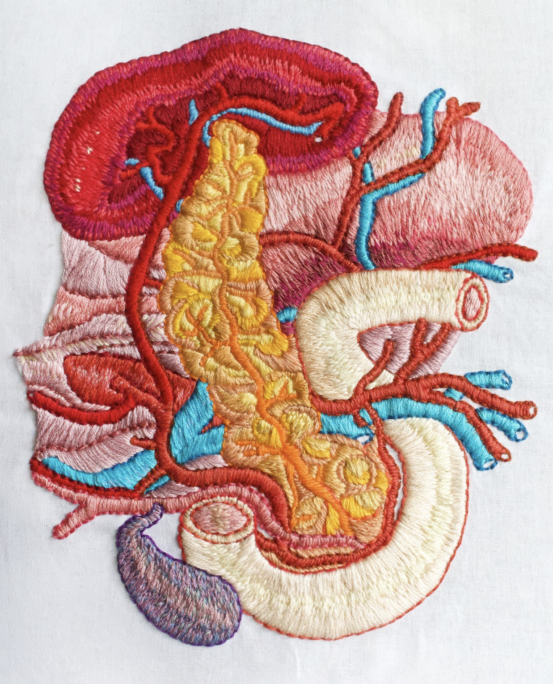
No one knows exactly what triggers type 1 diabetes, but researchers at La Jolla Institute for Immunology have uncovered some fascinating clues.
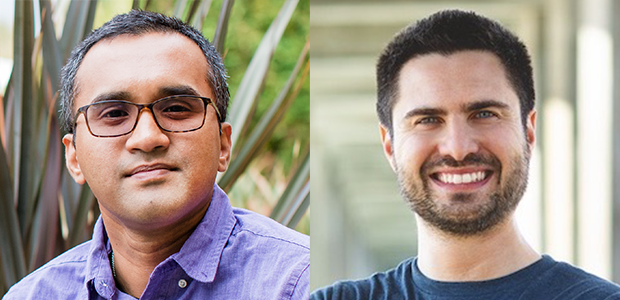
New funding will support high-risk, high-reward projects led by two early-career scientists

Phase 2 trial run by Novo Nordisk emphasizes the importance of translational research

Myers Lab to expand autoimmune disease research, cancer and more
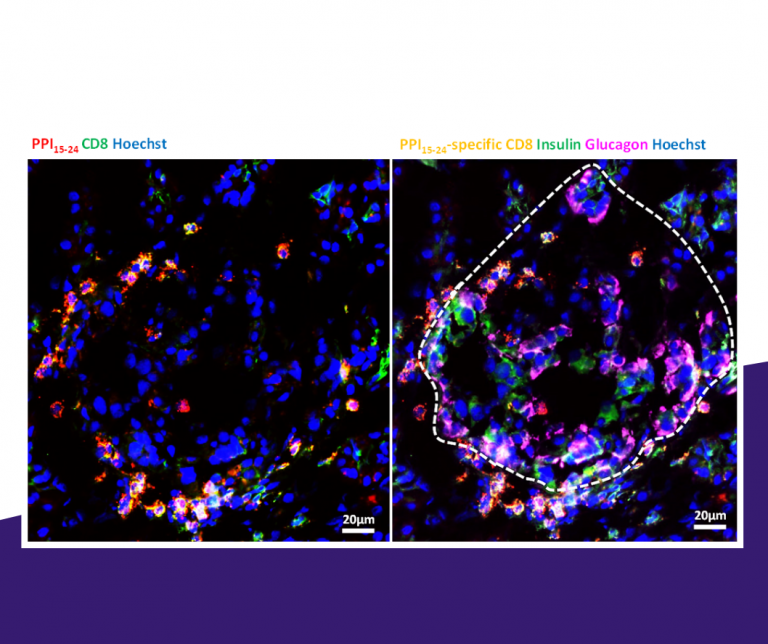
"To prevent and treat the disease, it is vital to understand how the immune cells attack the body's own insulin-producing beta cells"
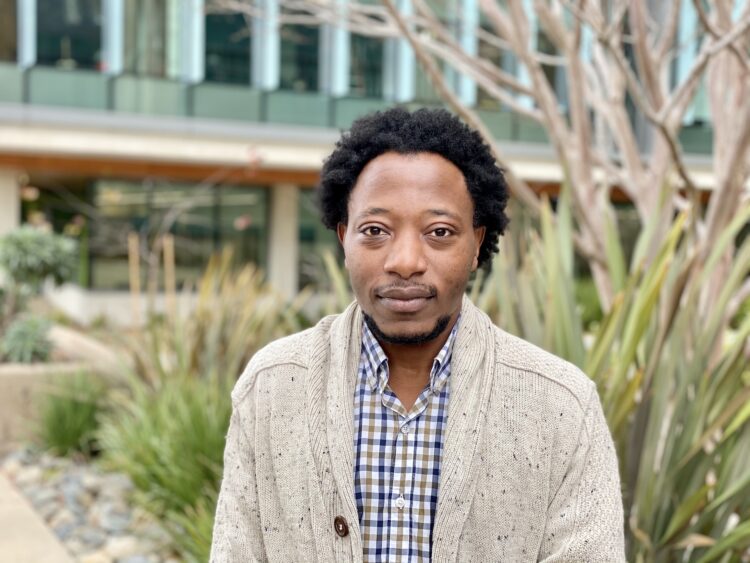
New fellowship will support data science and immunology cross-training in two pioneering LJI labs

LJI scientists track down control elements that govern gene expression from a distance
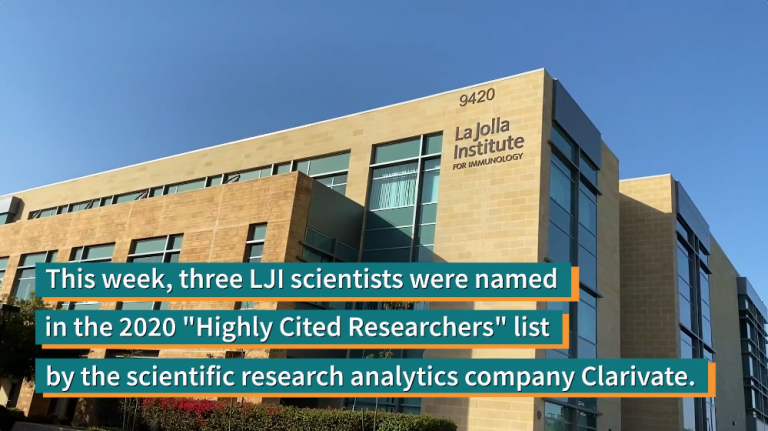
LJI Professors Shane Crotty, Ph.D., Bjoern Peters, Ph.D., and Alessandro Sette, Dr. Biol. Sci., were named “Highly Cited Researchers” this week by Clarivate.

LJI study suggests future asthma therapies need to target two key immune molecules
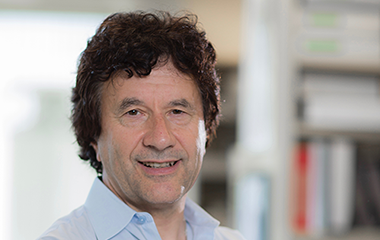
New research could shed light on how immune cells can better fight cancers or step back in autoimmune disease

LA JOLLA—Your pancreas is studded with cell clusters called islets. In most people, special beta cells live snug in the islets, happily making the insulin that the body uses to regulate blood sugar. But in people with type 1 diabetes,…

LJI scientists track down a protein that may add to lung damage in asthma and related diseases

More than 930,000 Americans are living with Parkinson's disease
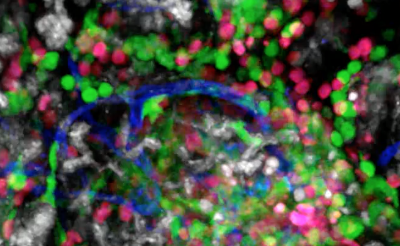
New LJI discovery could help explain patterns of cell death in many autoimmune diseases
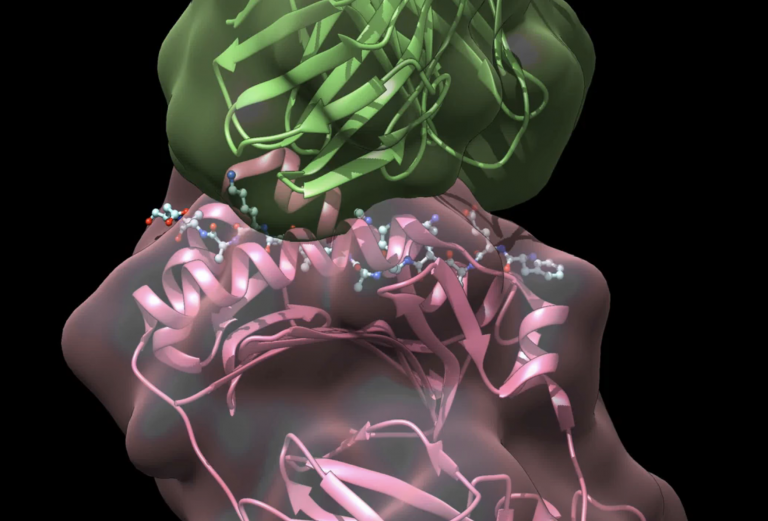
LJI study brings scientists closer to designing a safe anti-atherosclerosis vaccine

LJI study shows new link between metabolism and the immune system

The new study shows how a protein works as a “master regulator” in the immune system

Study opens up new path to research to fighting allergic diseases

New research gives further evidence that autoimmunity plays a role in Parkinson’s disease
Newly discovered biological switch evolved to stimulate the immune system—can also lead to immune paralysis
The proposed iMAP will reveal new targets for immunotherapy, and may lead to a new wave of medicines and vaccines that can prevent heart attacks and strokes; La Jolla Institute for Immunology researcher Klaus Ley and Scripps researcher Eric Topol are key members of the iMAP team.
Seqster research portal empowers study participants to instantly collect & share medical records and genomic data with researchers
New study reveals how a subset of T cells morphs from peacemaker to rabble-rouser when TET activity is lost

Dr. Kronenberg is among 52 immunologists, including five Nobel Laureates, selected for the inaugural class of fellows












































































